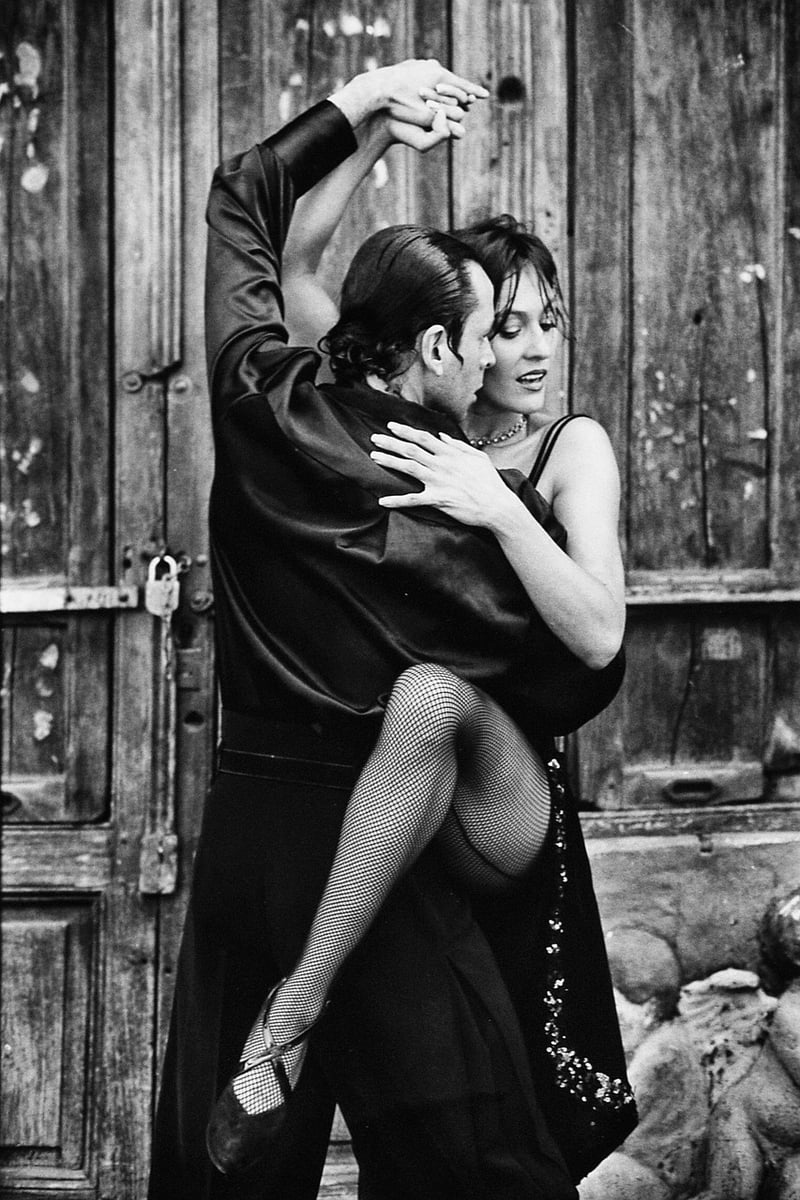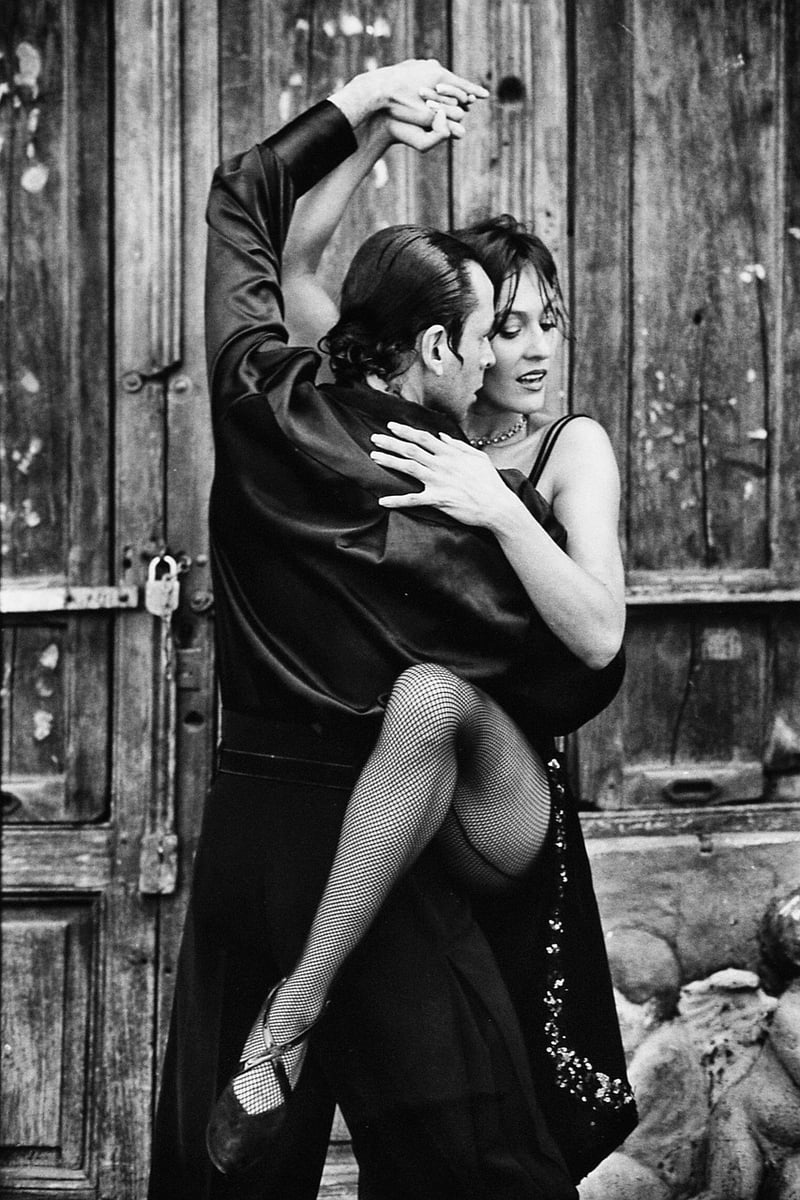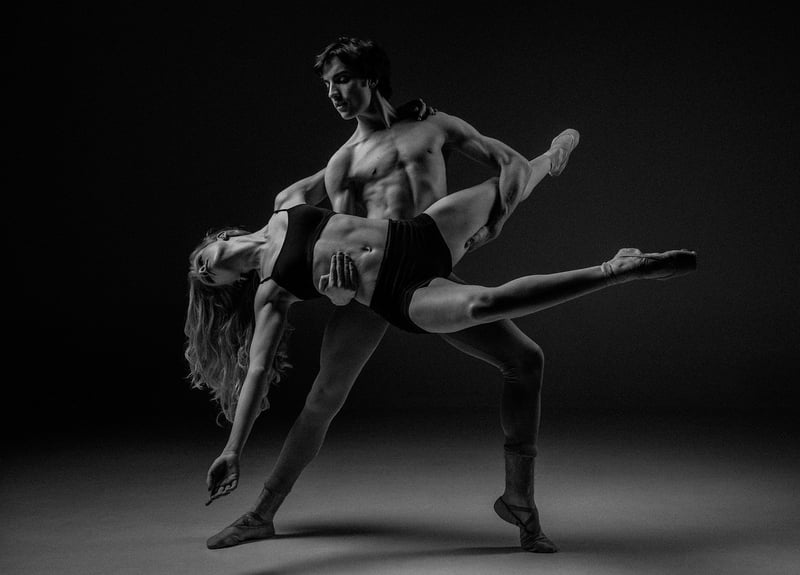Salsa
Exploring Expressive Movement Styles in Salsa Dancing
Salsa dancing is not just about following a set of steps; it's a form of art that allows dancers to express themselves through movement. Incorporating various expressive movement styles can elevate your salsa dancing experience and make you stand out on the dance floor.
1. Body Isolation
Body isolation is a key technique in salsa dancing that involves moving different parts of your body independently. Focus on isolating your hips, shoulders, and rib cage to add fluidity and expressiveness to your movements.

2. Musicality
Syncing your movements with the rhythm and beats of the music is essential in salsa dancing. Let the music guide your steps and use pauses, accents, and musical breaks to add dynamics and emotion to your dance.

3. Spins and Turns
Mastering spins and turns can add flair and excitement to your salsa dancing. Practice proper spotting techniques and work on your balance to execute smooth and controlled spins that enhance your overall performance.

4. Partner Connection
Building a strong connection with your dance partner is crucial for conveying emotions and creating a seamless dance experience. Focus on maintaining eye contact, leading/following effectively, and communicating through your movements to establish a deep connection.

5. Styling and Footwork
Adding personal flair to your salsa dancing through styling and footwork variations can make your performance more captivating. Experiment with different arm movements, body rolls, and intricate footwork patterns to showcase your unique style.

Embracing expressive movement styles in salsa dancing allows you to connect with the music, express your emotions, and captivate your audience. Practice regularly, experiment with different techniques, and most importantly, have fun on the dance floor!
